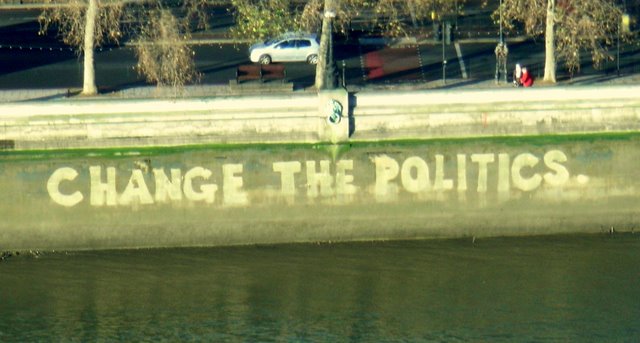
The Culture and Politics Research Group (CPRG) brings together scholars interested in power, conflict, and ideas. CPRG's aim is to build a collaborative community of scholars.
CPRG is a space for postgraduate students, postdoctoral researchers, and faculty members to discuss the impact of selected readings on their research and thinking. They also consider joint projects and share ideas.
Texts discussed are published or developing studies of power relations in culture and politics. Subject matter includes:
- the role of ideas and intellectuals,
- ideological groups and social movements,
- popular opinion and the public sphere,
- revolution and political change,
- war and social violence.
This year’s theme is Culture Wars.
Format
- The group meets four times a term.
- Participants read a pre-selected text before each meeting. The text can be a published academic article, book chapter, or drafts by group members. See details of this term's readings below.
- Sometimes guest speakers or group members are invited to present their projects
- Discussions are open, rigorous, and challenging.
Convenor and contact
Click here to join the CPRG mailing list.
For more details on participation and involvement, please contact the convener, Santiago Vargas-Acevedo sv471@cam.ac.uk.
The CPRG team is Zeina Al-Azmeh (za268), Patrick Baert (pjnb100), Hazem Kandil (hk376), Sebastian Raza Mejia (slr75) and Santiago Vargas-Acevedo (sv471).
Upcoming Meetings
Venue: Sociology Board Room, Free School Lane
Monday 12 May | 14.00 - 15.00
Bures, Eliah. 2022 "The Intellectual as Culture Warrior: Metapolitics and the European New Right. Fascism 12 (2023) 1–26.
Podcast Episode: Wronged: the weaponization of victimhood - LSE: Public lectures and events | Podcast on Spotify
Monday 26 May | 14.00 - 15.00
Arendt, Hannah. 1957. "Truth and Politics" in Between Past and Future. Penguin.
Arendt, Hannah. 1971. "Lying in politics: reflections on the Pentagon papers" in Crisis of the Republic. Harcourt.
Monday 16 June | 14.00 - 16.30
Venue: The Walters Room, Selwyn College, Grange Rd, CB3 9DQ
Symposium, comprising of the following talks:
- Isabelle Higgins – The Recursivity of Anti-Racist Social Theory: Grappling with Concepts of ‘Race’ and ‘Culture’ in a Racialised Cultural Context,
- Kun Liang – "Talent" or "Alien": A Historical Analysis of Asian International Students in U.S. Elite Universities
- Zeina Al Azmeh – The Situational Intellectual: Relational Judgment in an Age of Moral Absolutism
Image: 'Change the Politics' by Joanna Penn [CC BY 2.0
